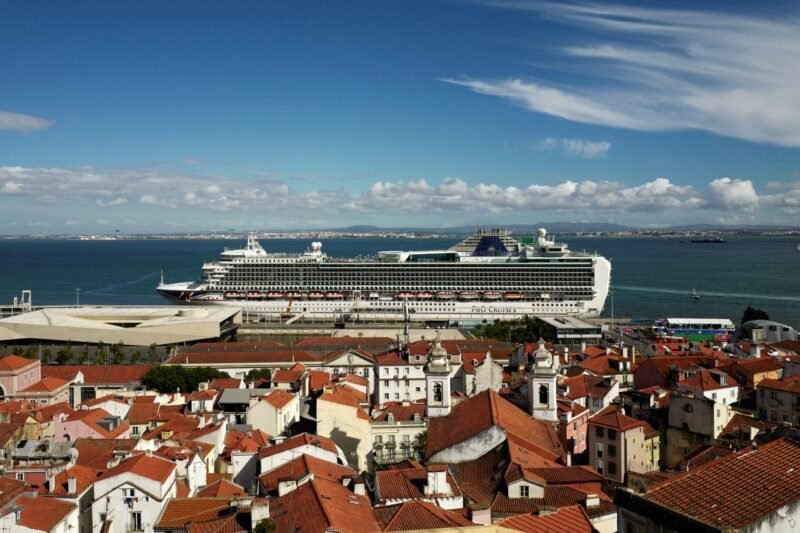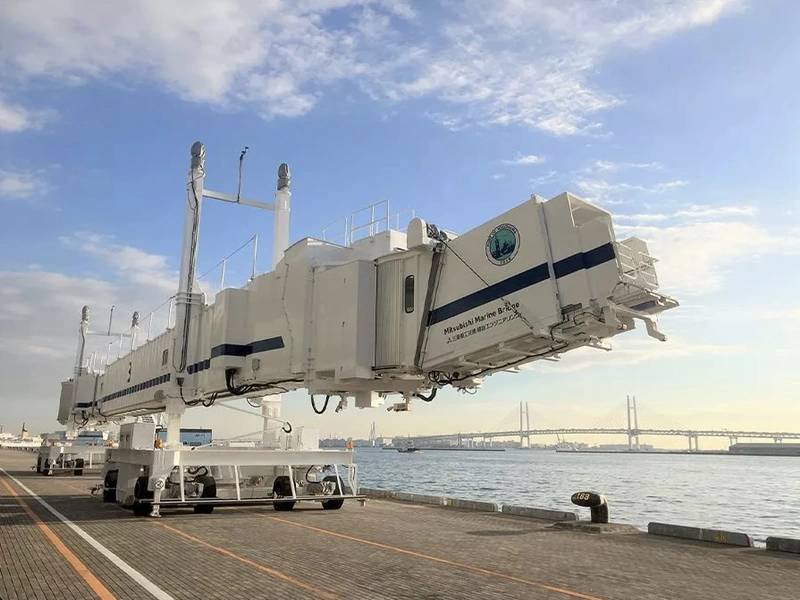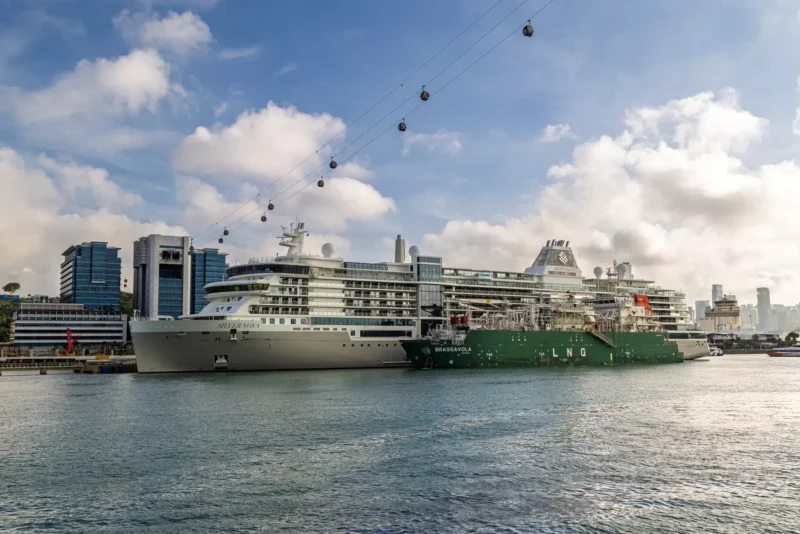Residents around Lisbon’s port are hoping for a plug-in infrastructure that will allow cruise ships to use electricity instead of emitting exhaust fumes while docked. European Union regulations have set a 2030 deadline for seaports to have this infrastructure in place. Local residents in Lisbon, such as Joao Branco and Carlos Torres, are supportive of this shift to electricity, as it would reduce pollution and noise in their neighborhoods.
Lisbon is ranked as the fifth European city with the highest air pollution from cruise ships, with marine fuels emitting harmful particles and pollutants. While electrification is seen as a necessary step to reduce emissions, the process is costly and complex. In neighboring Spain, ports like Barcelona and Palma de Mallorca are already working towards supplying electricity to cruise ships, but progress is slower in other regions like the United States and the Caribbean.
Cruise companies, like Carnival Corp and Royal Caribbean Group, have committed to retrofitting their fleets with shore power options by 2030 and 2050, respectively. The lack of demand and cost considerations are factors contributing to the slow adoption of shore power by cruise ships. The industry is looking to governments for incentives and support in creating the necessary infrastructure to enable a greener transformation in the cruise industry.


















